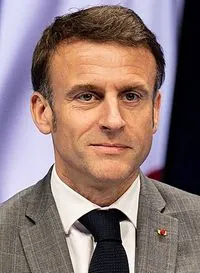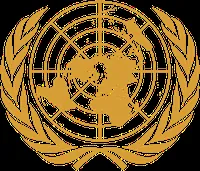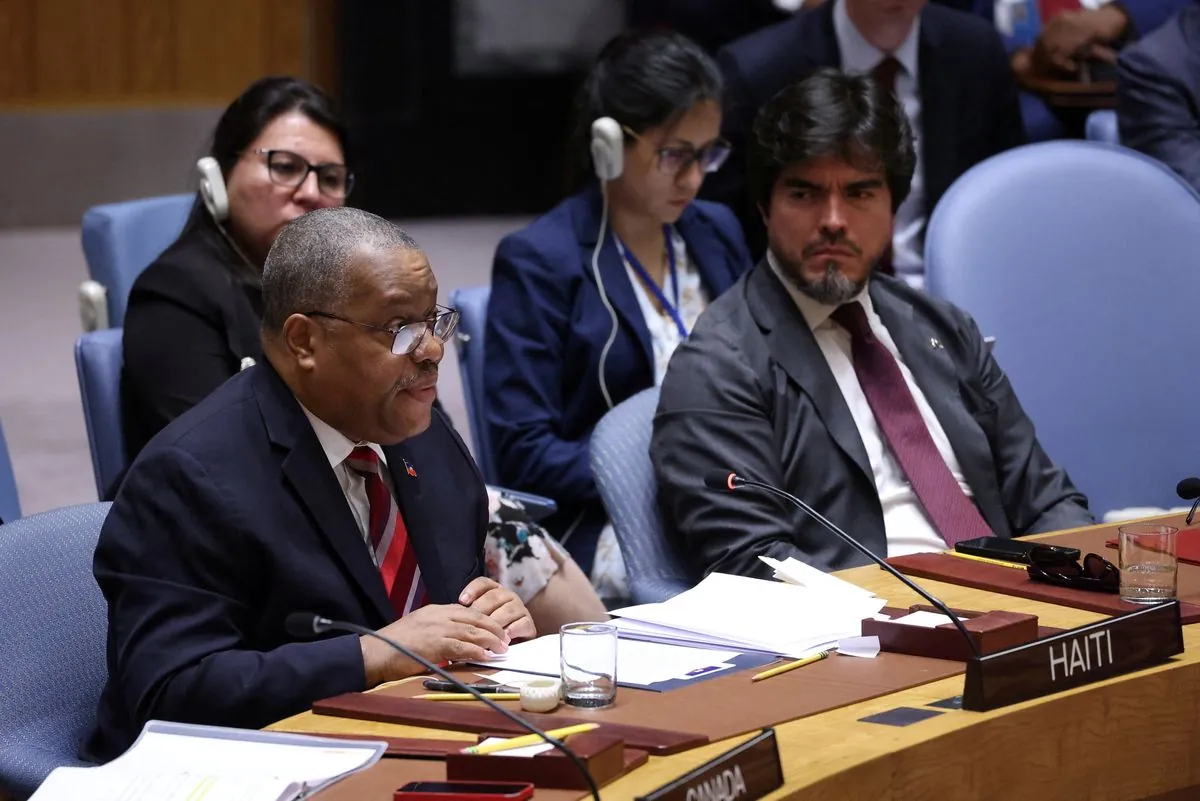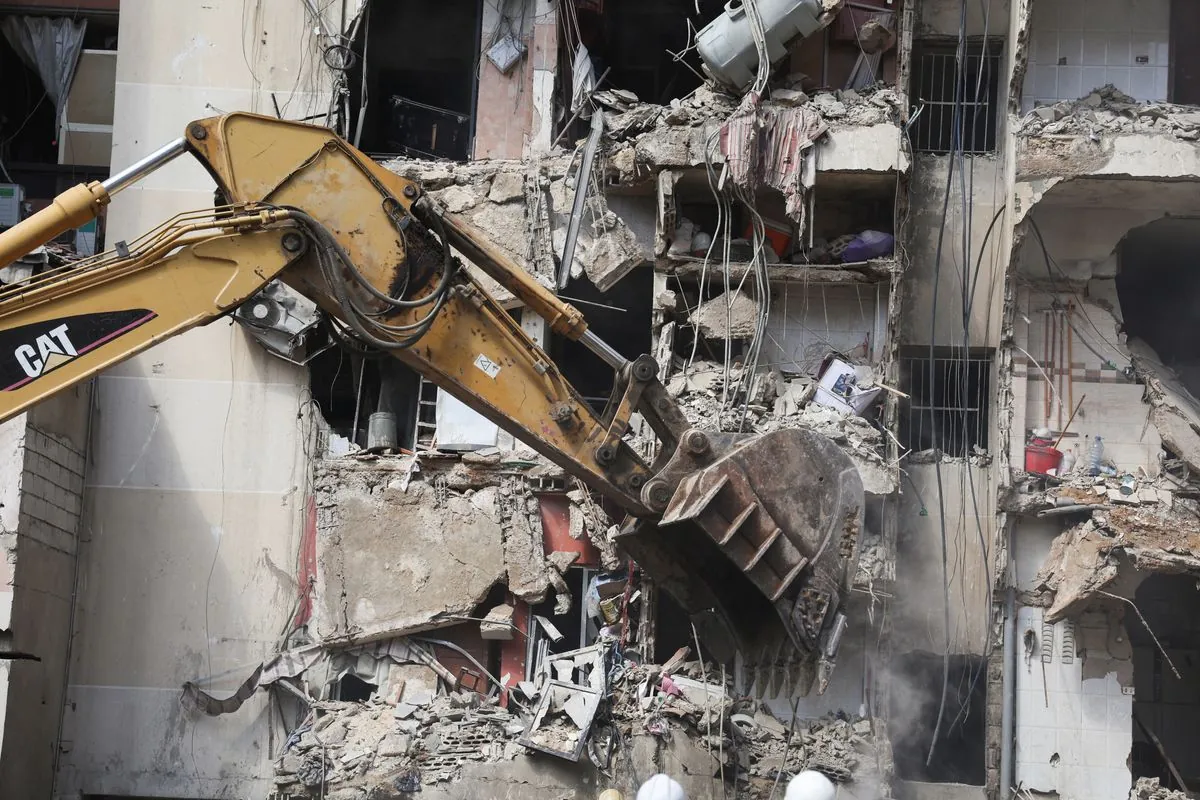Kazakhstan Votes on Nuclear Power Amid Energy Transition Debate
Kazakhstan holds referendum on first nuclear plant, balancing energy needs with Soviet legacy concerns. Government promotes clean energy transition, while critics question safety and alternatives.
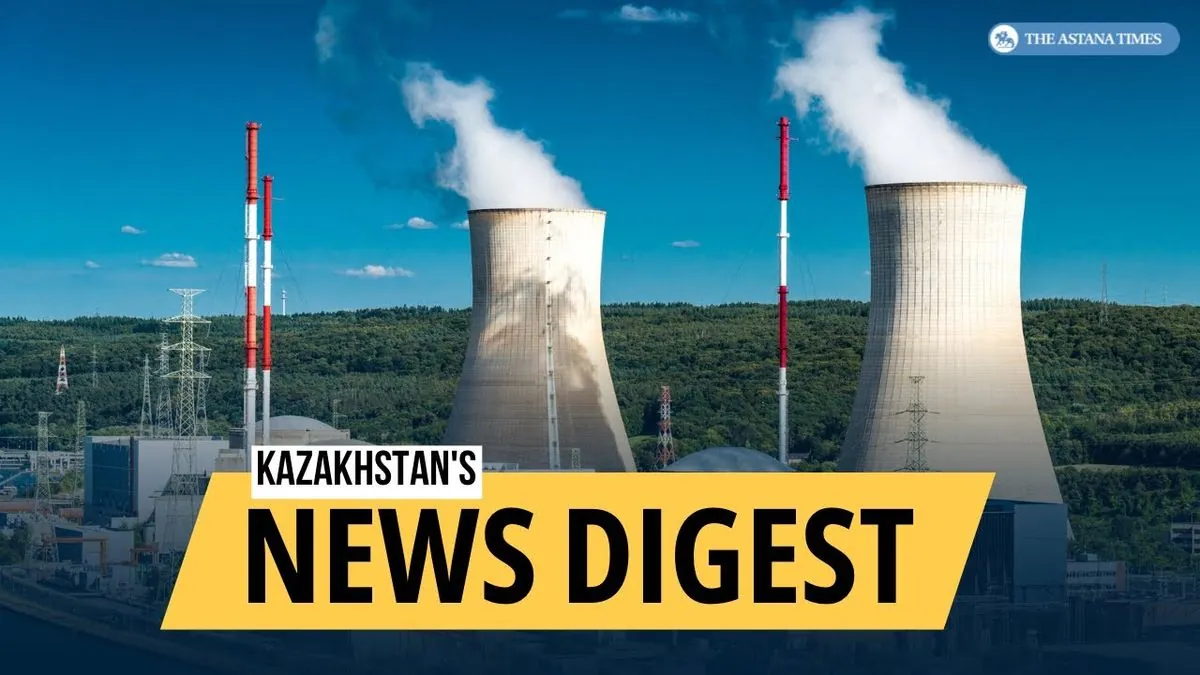
On October 8, 2024, Kazakhstan is set to hold a referendum on the construction of its first nuclear power plant. This decision comes as the Central Asian nation seeks to transition away from polluting coal-fired power stations and address its growing energy needs.
The government, led by President Kassym-Jomart Tokayev, has been promoting the nuclear option as a progressive step towards cleaner energy. However, the proposal has faced significant public opposition due to safety concerns and the country's complex history with nuclear technology.
Kazakhstan, the world's largest uranium producer, currently relies heavily on coal-powered plants for its electricity needs. The country's energy sector is supplemented by hydroelectric facilities and a growing renewable energy sector. Despite having substantial natural gas reserves, Kazakhstan has been importing electricity, primarily from Russia, as its aging infrastructure struggles to meet domestic demand.
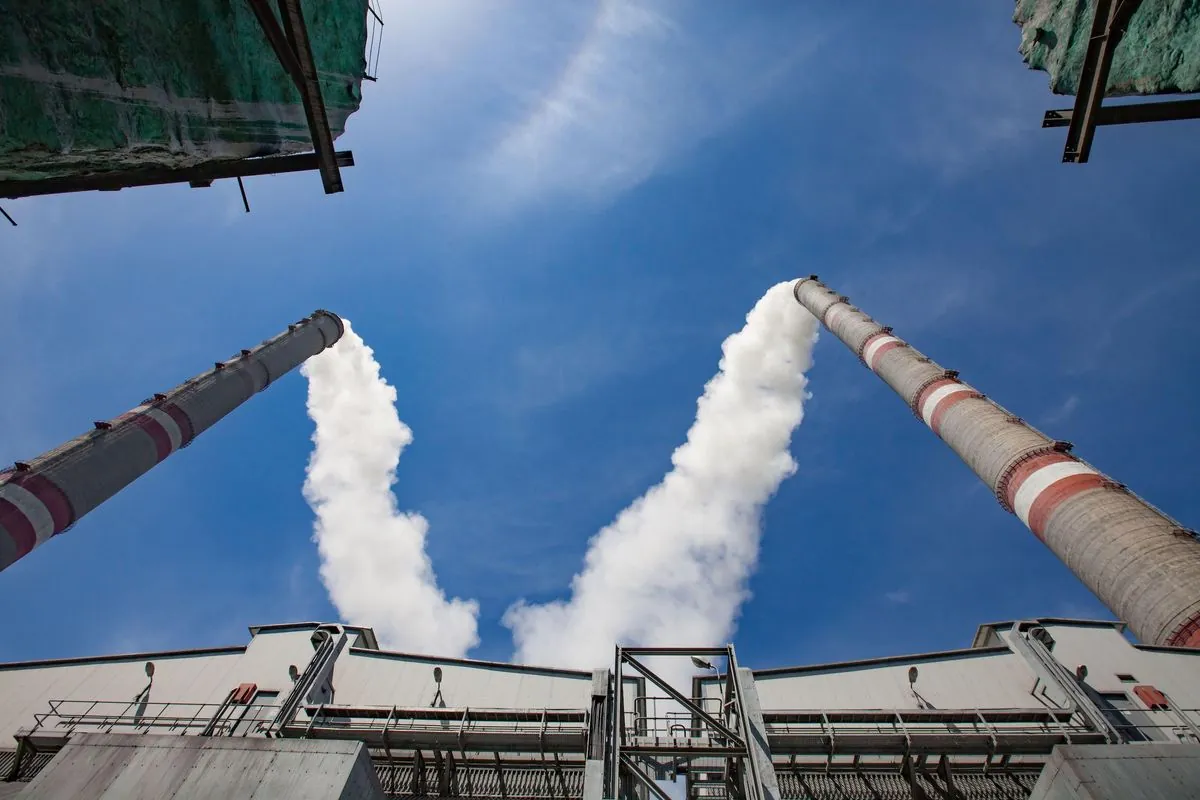
Critics of the nuclear plan argue that the same goals could be achieved with gas-powered plants, which, while still using fossil fuels, are significantly less polluting than coal and come with fewer risks. Popular blogger Vadim Boreiko expressed skepticism about the referendum, suggesting that the decision to build the plant, potentially in collaboration with Russian state nuclear firm Rosatom, has already been made by the government.
Kazakhstan's nuclear legacy plays a significant role in shaping public opinion on this matter. The country was part of the Soviet Union during the 1986 Chornobyl disaster, with many Kazakhs participating in the subsequent clean-up efforts, resulting in long-term health issues. Moreover, Kazakhstan was the site of hundreds of Soviet nuclear weapon tests, rendering large areas uninhabitable and causing numerous health problems for nearby residents.
"One should not always look back, remember the bad things, and complain. (We must) only move forward and be optimistic, otherwise we will lose in this global race to progress."
President Tokayev has emphasized the need to utilize Kazakhstan's competitive advantages, particularly its uranium resources. The country, while being a major uranium producer, does not currently enrich uranium to the level required for nuclear fuel. The government estimates the cost of building a nuclear power plant at $10-12 billion.
As Kazakhstan navigates this crucial decision, it must balance its energy needs with environmental concerns and public sentiment. The country's unique position as a major uranium producer and its Soviet nuclear legacy make this referendum a pivotal moment in its energy policy and national development.
The outcome of this vote will not only shape Kazakhstan's energy future but also potentially influence its relationships with neighboring countries and its role in the global energy market. As the world's largest landlocked country and the largest economy in Central Asia, Kazakhstan's decision on nuclear power could have far-reaching implications for the region's energy landscape and environmental policies.












